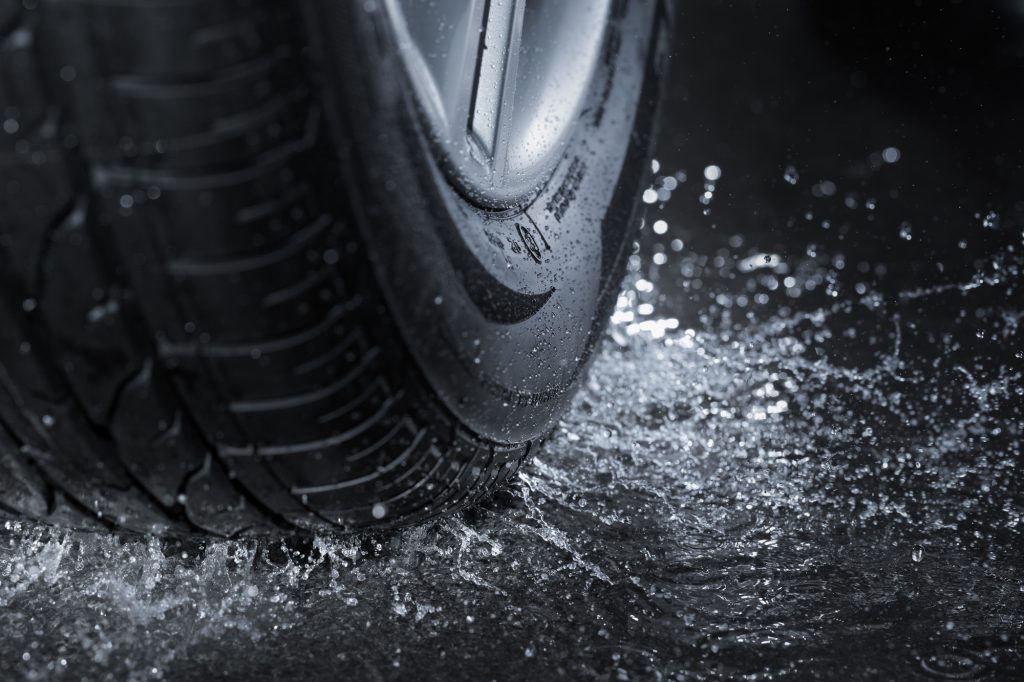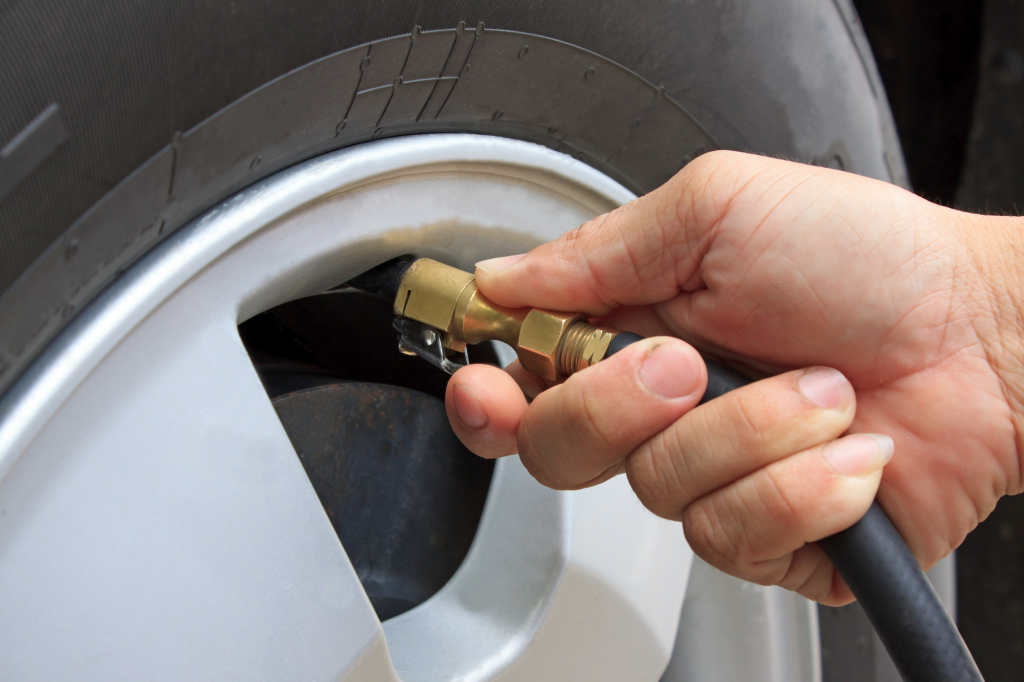Tires Are Important To Your Car’s Driving Performance. Here’s Why…
Most people give very little thought to the tires that are on their vehicle, but the tires on your car can greatly impact how your car performs. Think about it: control of your vehicle relies entirely on four small patches of contact where your tires meet the road. Since there is very little you can do to change the material or construction of public roads, the key to optimizing the abilities of your car is maximizing the extent of that contact. This means the type of tires you have on your car and the condition of your tires are an important part to how your car performs on the road.
When it comes to tires, you need to make sure you have the most appropriate tires for your vehicle and that the level of their performance meets your driving needs — whether you’re searching for the best fuel mileage, good traction in inclement weather or all-around driving safety.
The factors outlined below have the most influence on how well your tires will work with your vehicle.
Performance Category
Most tires come in three main categories: summer tires, winter (or snow and ice) tires and all-season tires. Summer and winter tires are specific for driving in those seasons. Unless you have a truly high-performance specialty vehicle or live in a northern climate, you probably don’t need to consider them. For most drivers, a good quality all-season tire will fit your needs and work well with your vehicle under most driving conditions.
Size
Tires come in a variety of sizes, but only one size fits your particular vehicle (unless you are considering changing wheels.) Sizes are described in a puzzling equation of numbers and letters that usually look something like this: P155/75R15.
In this example, the P at the beginning stands for “passenger” and the 15 at the end is for a 15” diameter wheel. The two other numbers indicate a ratio between the sidewall height and the width of the tire. In this case, the tire width is 155 millimeters, and the 75 means the height of the sidewall is 75% of the width of the tire (or just over 116 mm.)
Tread Style
Like the performance categories described above, tires come in primarily four tread styles. Tire treads are symmetrical, asymmetrical, directional and directional/asymmetrical. Symmetrical tread tires are the most efficient tire in dry weather conditions and tend to be the quietest and longest lasting tire. Asymmetrical tread tires usually combine an efficient water and snow tread on one half of the tire, with a good handling and corner tread on the other half, offering a good combination of traction and performance in most weather conditions.
A directional tire typically has a symmetrical tread with a high-performance tread designed to quickly funnel water out of the tread path. These tires are designed to offer the best performance in primarily rainy or wet conditions. Directional/asymmetrical tires offer the greatest performance in a variety of weather conditions but can only be mounted to rotate one direction on the vehicle, which, in some cases, limits the ability to rotate the tires.

Speed Rating
The speed rating is the highest safe speed at which the tire can be regularly used. Most passenger car tires come with speed ratings of S (up to 112 mph), T (up to 118 mph) or H (up to 130 mph). Higher performance tires for exotic cars come in V (149 mph), W (168 mph) and Y (186 mph). Some specialty tires will come with Q (99 mph), R (106 mph) or S (112 mph) ratings. These tires are usually snow or specialty tires. Many all-terrain tires come with an R or S rating.
All these numbers, ratings and performance questions can be quite confusing. Your best bet is to follow your vehicle manufacturer’s recommendations.
Tire Pressure
Maintaining your tire pressure at the vehicle manufacturer’s recommendation is one of the most important considerations, regardless of the type of tires you have on your vehicle. Keeping the correct tire pressure extends the life of your tires, optimizes the performance of the tires with your vehicle and prevents unexpected problems like blowouts or flats. Be sure to check your tire pressure often — particularly when the weather experiences seasonal changes (like sudden drops in temperature during winter.)

We know that selecting the right tires for your car can be confusing. If you have any questions, please check with the friendly service advisors at Neil Huffman Volkswagen. We are always happy to help!




